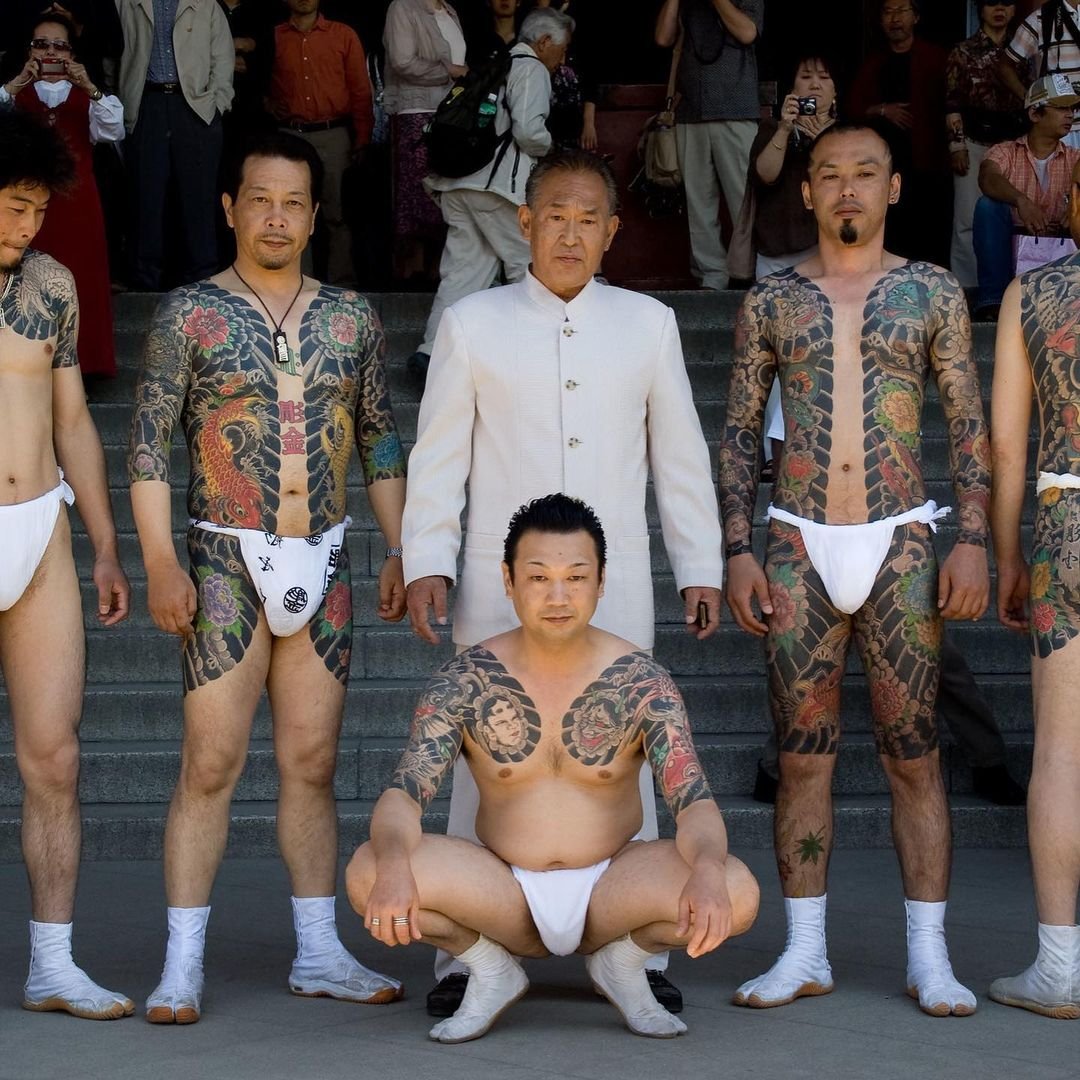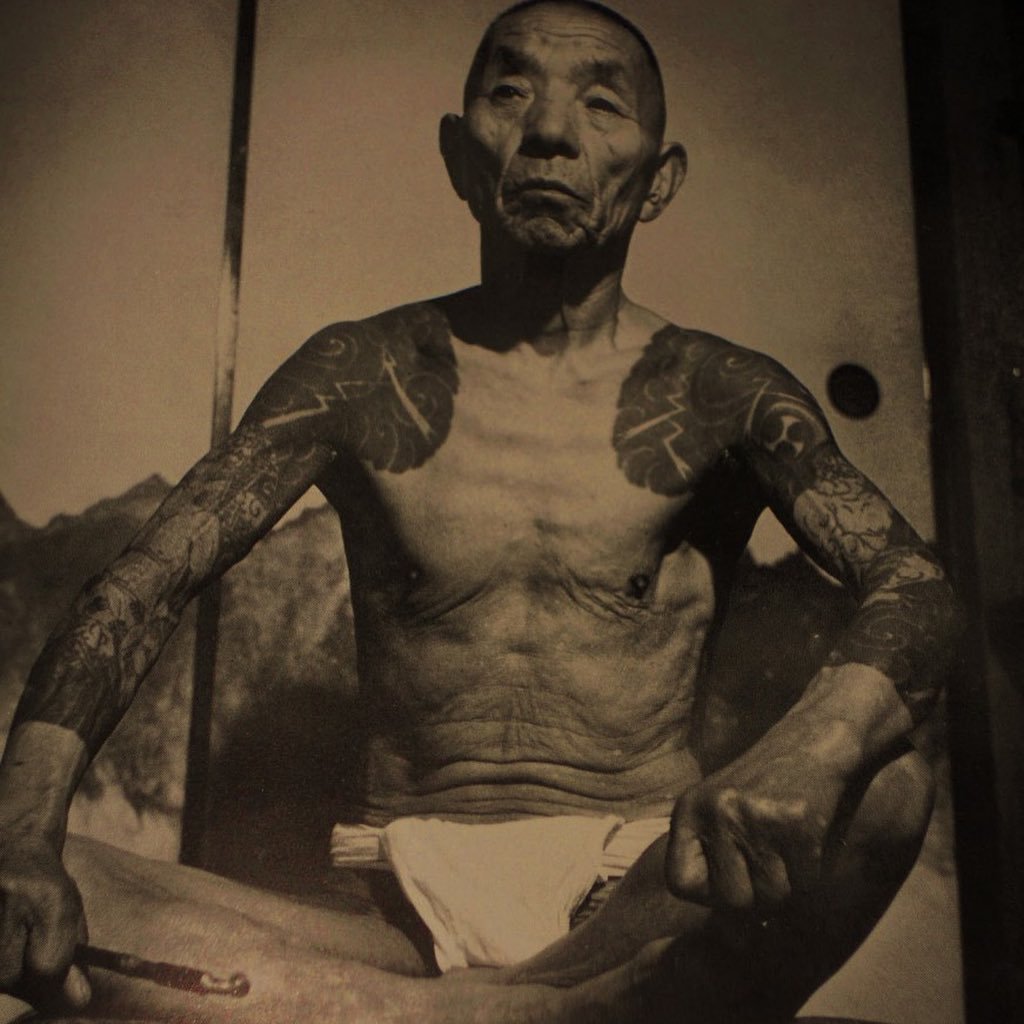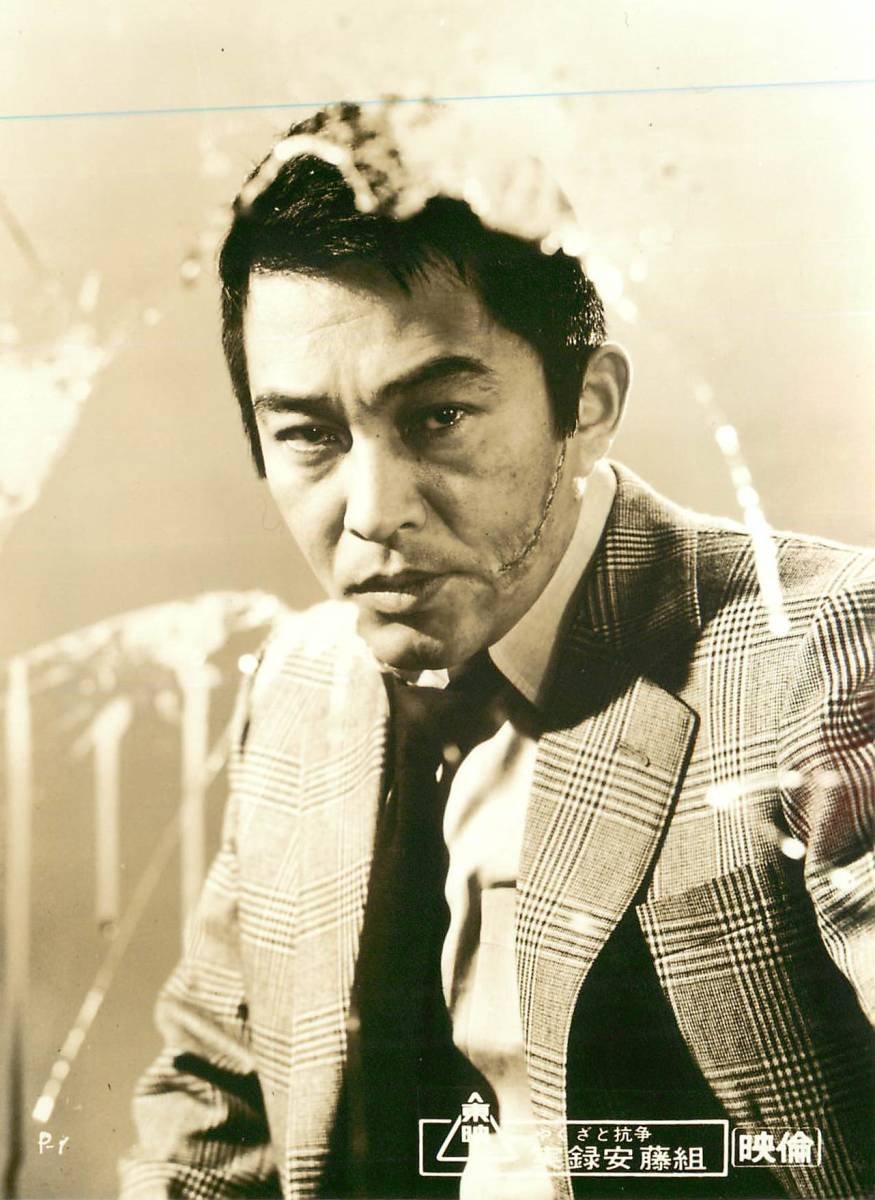Irezumi - Yakuza’s Menacing Tattoos And Their Meaning

The Yakuza’s Irezumi [刺青 tattoo] became an integral part of Japanese culture. The Pre-Edo period tells a story about it being used to identify criminals.
Yakuza culture tells a story of lavish narratives hand-inked and illustrated over the body to cover up prison tattoo marks indicating criminals. In turn, it became a defining right of passage for young yakuza members over time.
There are no ‘official’ rules for yakuza noted in regards to having irezumi. In the past, it was more commonly enforced as a rule in some clans [gumi’s]. The tattoos themselves lend a different story in their distinction and why they are so unique from gangster to gangster.
In most cases, young chinpiras [low-level thugs] are enamored by a yakuza group, who are offered the cost of the tattoo if they accepted membership and worked off the debt. When a Horishi [official artist who only does irezumi tattoo by hand with a specific tool, mainly for yakuza] agrees to do the tattoo, the young yakuza member would likely recite their life to the Horishi. Together they would create a portrait that reflected a vision for how the tattoo would communicate some aspect of good fortune in their life ahead.
The painful and time-consuming art of irezumi was commonly made with limited colours because there weren’t many colours available, unlike today. Moreover, traditional Horishi typically create their sumi ink [墨] from scratch. Motifs then and now commonly feature the main depiction of strong character i.e. Fudo Myo-O [Acala deity], symbolizing protection and destroyer of “demonic” holding a sword steeped in a symbol of power and knowledge.
Likely with flames casting away negative energy or also have further motifs with windswept bamboo and rock depicting a resistance to abide by social norms. As well as koi for strength and effort, or a white snake of good luck and an aversion to death, coupled with an Oni [鬼 demon ] narrating ferocious helm of taking souls to hell with unparalleled valour.







